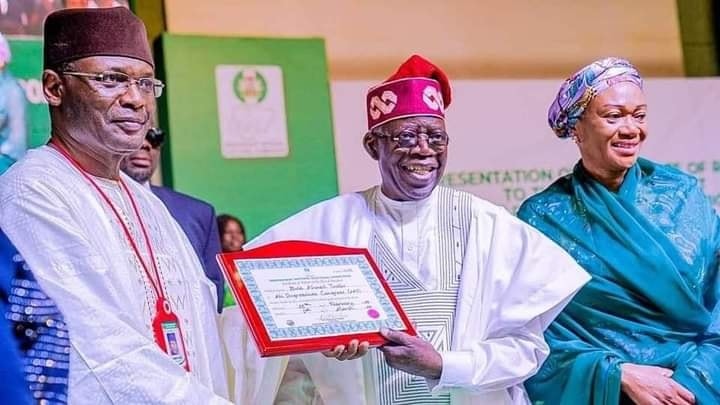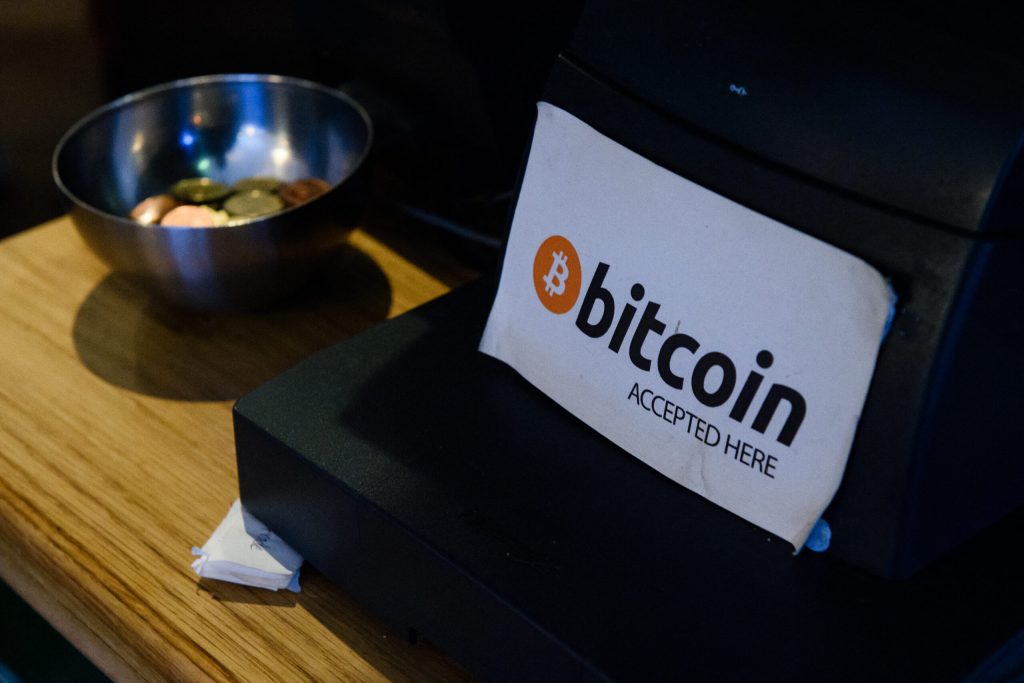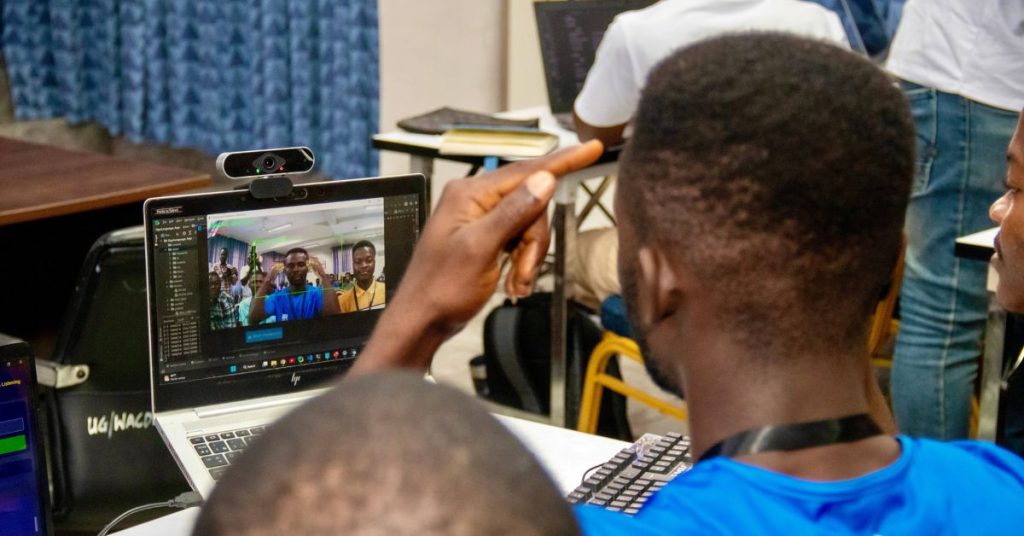Nigeria’s election tribunal ruled that the electronic transmission of election results isn’t mandatory. The ruling raises questions about the use of technology in future elections.
On Wednesday evening, the Nigerian presidential election petition tribunal ruled that the electronic transmission of election results isn’t a mandatory provision of the Electoral Act 2022. In its judgment, the five-man panel upheld the victory of Bola Tinubu in the 2023 presidential election. The leading opposition candidates, Atiku Abubakar and Peter Obi had filed petitions accusing the Independent National Electoral Commission (INEC) of technologically manipulating results, among other things.
“By the provision of Section 52 and Section 65 of the Electoral Act, INEC is at liberty to prescribe the manner in which result can be transmitted. INEC cannot be compelled to electronically transmit results,” the tribunal held in its ruling.
The opposition parties hoped that introducing the biometric voter accreditation system (BVAS) and the INEC result election viewer portal (IReV) by the electoral umpire would be game-changers. The Electoral Act mandates INEC to electronically transmit results from the polling units to the collation systems to eliminate events of ballot destruction or theft from significantly affecting the results.
But on election day, BVAS and iREV failed to meet expectations. Only 45% of Nigeria’s election results were available on IReV three days after the elections closed. Expectedly, this questioned INEC’s credibility and reduced public confidence in the results. INEC cited “technical glitches” for the delays.
Though the Electoral Act allows INEC to transmit election results electronically, it also gives the commission the power to transmit the election results in any manner it deems fit. Section 60 of the Act states that “the presiding officer shall, after counting the votes at the polling unit, enter the votes scored by each candidate in a form to be prescribed by the commission as the case may be.”
Days after announcing the presidential election results, a TechCabal article argued that the failure of BVAS and iREV put technology in the spotlight. Considering billions of naira of public funds spent on these technologies, many Nigerians were confident that the elections would ensure transparency. With the presidential election tribunal’s ruling, the big question is the place of these technologies in Nigeria’s elections moving forward. Oyindolapo Olusesi, a tech lawyer told TechCabal, “We need to revise the Electoral Act to mandate the deployment of the technologies. Otherwise, INEC will make promises before the elections, and then do otherwise.”
*Editor’s note: This story has been updated with a quote from a lawyer in the last paragraph.
Have you got your tickets to TechCabal’s Moonshot Conference? Click here to do so now!












